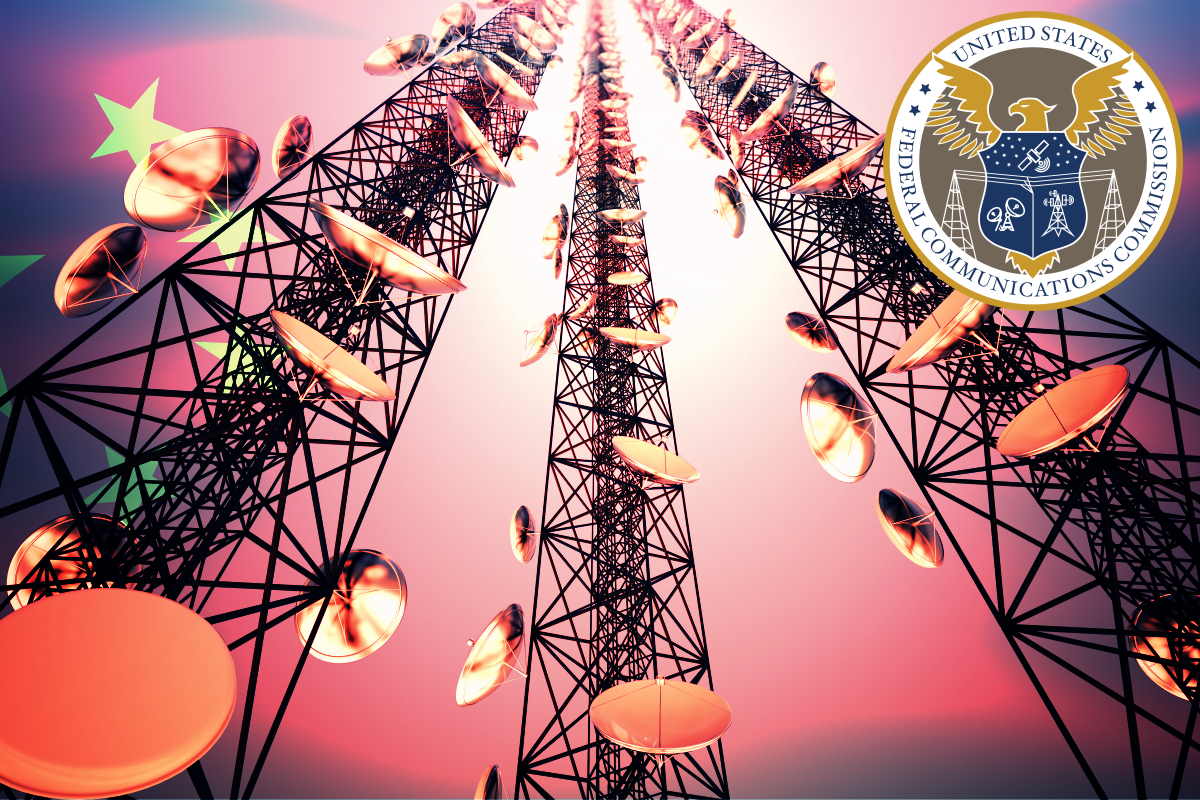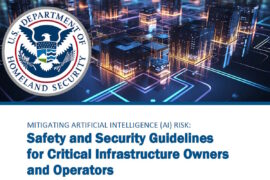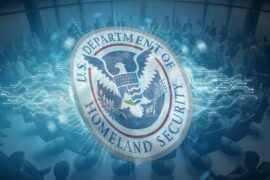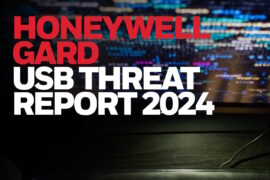FCC revokes China Unicom authorization to operate telecom services over national security concerns

The Federal Communications Commission (FCC) issued an order directing “China Unicom Americas to discontinue any domestic or international services that it provides pursuant to its section 214 authority within sixty days following the release of the Order.” The agency’s actions come close to three months after it revoked and terminated on security grounds another Chinese provider, China Telecom (Americas) from providing domestic interstate and international telecommunications services within the U.S.
Based on input from executive branch agencies, a thorough review of the China Unicom’s responses in this proceeding, the public record, and the FCC’s public interest analysis under the law, “the Commission finds that today’s action safeguards the nation’s telecommunications infrastructure from potential security threats,” it added.
The FCC order found that China Unicom Americas, a U.S. subsidiary of a Chinese state-owned enterprise, “is subject to exploitation, influence, and control by the Chinese government and is highly likely to be forced to comply with Chinese government requests without sufficient legal procedures subject to independent judicial oversight.”
The order cited that with the changed national security environment with respect to China since the FCC authorized China Unicom Americas to provide telecommunications services in the U.S. two decades ago, it finds that China Unicom Americas’ ownership and control by the Chinese government raise significant national security and law enforcement risks by providing opportunities for China Unicom Americas, its parent entities, and the Chinese government to access, store, disrupt, and/or misroute U.S. communications, which in turn allow them to engage in espionage and other harmful activities against the U.S.
The federal agency also said in the order that China Unicom Americas’ conduct and representations “to the Commission and Congress demonstrate a lack of candor, trustworthiness, and reliability that erodes the baseline level of trust that the Commission and other U.S. government agencies require of telecommunications carriers given the critical nature of the provision of telecommunications service in the United States.” The FCC order also found that mitigation would not address these significant national security and law enforcement concerns.
“The threat to our networks from entities aligned with Communist China is one that we must address head on, and I am pleased that the FCC continues to show the strength and resolve necessary to meet this challenge,” Brendan Carr, FCC Commissioner, wrote in a statement. “But as the threat landscape evolves, so too must our response.”
“Doing so could impose additional restrictions on China Unicom Americas that go beyond the scope of our section 214 authorizations, so I encourage the Commission to take appropriate action on this front, as I have recommended with China Telecom Americas before,” Carr added.
However, FCC Commissioner Geoffrey Starks said that there is more work to do. “For example, data centers have become critical parts of the American communications and technologies sectors and are instrumental to new use cases like edge computing. As I’ve noted previously, however, even after loss of their section 214 authority, companies like China Unicom Americas can continue to offer data center services to American customers,” he added.
The Department of Homeland Security has warned that these data centers leave their customers vulnerable to data theft for one of the same reasons underlying the FCC’s current decision today – “these companies are legally required to secretly share data with the Chinese government or other entities upon request, even if that request is illegal under U.S. law,” Starks pointed out. “While the FCC currently lacks jurisdiction to address this potential national security threat, we should work with the Administration and Congress to examine whether the Commission needs broader authority to tackle this and other network security threats,” he added.
China Unicom reportedly said that there were no “justifiable grounds” for a U.S. order that banned the company from operating in the country on national security concerns.
China Unicom said in a statement to AFP that the FCC’s decision was “without any justifiable grounds and without affording required due process.” Its U.S. subsidiary “has a good record of complying with relevant US laws and regulations and providing telecommunication services and solutions as a reliable partner of its customers in the past two decades”, the company added.
The firm said it would “act proactively to protect the rights and interests of the company and its customers,” it added.
Last year, U.S. President Joe Biden signed into law a bipartisan, bicameral legislative bill that requires the FCC to adopt rules clarifying that it prevents any authorization application for equipment that poses an unacceptable risk to national security. The Secure Equipment Act also ensures that the federal agency prohibits the authorization of radio-frequency devices that pose a national security risk.
Questions about the use of Chinese equipment and accompanying security risks have been raised by other critical infrastructure sectors too. A public interest researcher, Michael Mabee, has asked the Department of Energy (DOE) to ensure that mandatory measures address the risks and vulnerabilities in the critical electric infrastructure sector. The DOE must ensure that mandatory standards address the risks and vulnerabilities presented by the import and installation of equipment or systems originating from adversaries of the U.S., including the People’s Republic of China, he added.










